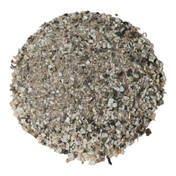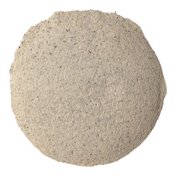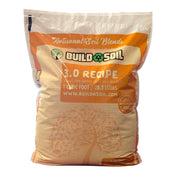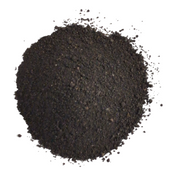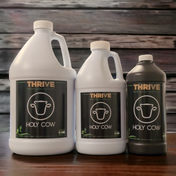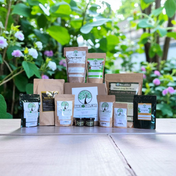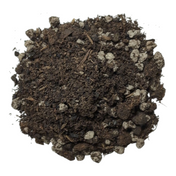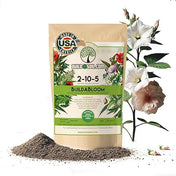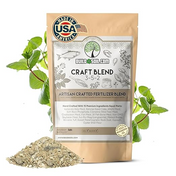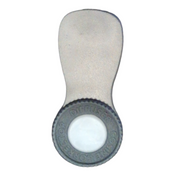Looking for a pest spray that actually works?
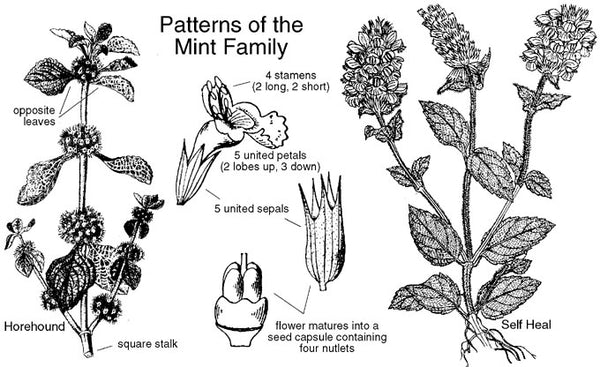
Okay this is Awesome! I have had a few customers write in asking for tips on Home Made Pest Sprays that didn't require the use of Neem. Main reason being that as a grower, you might find yourself in a battle against pests and not have any Neem oil on hand. That being said I fired off an email to ClackamasCoots who is unbelievably helpful and he wrote back with this detailed email that was to good to summarize... here is the email conversation that we had this morning.
All Credit to ClackamasCoots:
Jeremy
Yes, you can use cilantro as well as other members of the Mint family (Lamiaceae or Labiatae) and the link has a list you can review.
The reason that Mint plants are as effective can be explained at this list for both culinary Lavender and medicinal Lavender - link
Look at the compounds and many of these are used commercially in their synthetic forms. Linalool is a good example, the synthetic form is what the Orkin Man sprays around homes, It’s these terpenes, terpenoids and ketones that provide pesticide and fungicide benefits.
So are some better than others? You bet! Fortunately the best ones are the easiest to grow - specifically peppermint, spearmint, lemon balm (!!!), thyme (add Borneol to your list with this one), sage, rosemary (!!!!) and of course cilantro. The problem with cilantro is that it’s a PITA to grow for more reasons than you’re probably interested in reading - LOL!
So generally what you want to do is to take a cup of leaves packed as tight as you can and put this into a blender, food processor, etc. with enough water and you want to turn this into a paste. Get it as smooth as possible. You can see why rosemary leaves are more of a challenge than say peppermint but it’s worth the time & effort.
Add the paste to 1 gallon of water and let that soak for no more than 24 hours. YOU DO NOT WANT ANY FERMENTATION!!!
Now strain & drain and you mix this with enough water to make 3 gallons of mint tea. Add the appropriate amount of aloe vera because you definitely want Salicylic acid in this mix as explained in the book I sent you about this hormone.
You can increase the power by taking a cue from Gil Carandang and add 1 tablespoon of fresh grated ginger for each 1 gallon of tea. These mint teas have proven to be as effective as neem oil - seriously. I cannot stress the need for aloe vera enough because it is at the core of a plant’s Systemic Acquired Resistance (SAR) functions and processes.
That’s it!
“Ain’t exactly rocket science” - something I read online - LOL!
ClackamasCoots
P.S. - next time you happen to be in a hydro store wander over to where the pesticides and fungicides are displayed and start reading the labels. And understand that in the fertilizer business the phrase ‘inert ingredients’ means water. Tap water. Period.
So what active ingredients are they using? Rosemary oil, cinnamon oil (a HUGE source of Linalool), et al. Pretty much a joke when you look at the actual amount of ‘active ingredients’ which is almost always below 2% - nice guys indeed!!
Check back I'll be adding photo's and video's as I make my own.

